News
Architecture Alumnus Designs Innovative Mobile Med Units for COVID-19 First Responders
May 14, 2020
As critical responses to the COVID-19 crisis ramped up in March 2020, architect Erik Fred (B.Arch. ’11) was called upon to support the front lines when a former client asked him to create a three-dimensional rendering of a structure that could support first responders during the global pandemic.
One design led to others, and Fred has now developed all of the architectural plans for the project, called Hermetic Mobility, which has morphed into an entire series of designs for multipurpose, mobile medical units constructed of recycled shipping containers. The first series of Hermetic Mobility structures were developed to respond to the outbreak, creating clean rooms for examining patients, running test results, and isolating those who are symptomatic.
While Army tents can be used in these situations, climate-controlled shipping containers provide more secure enclosed spaces with negative and positive air pressure, HEPA filters, air curtains, and vestibules that prevent cross-contamination while still being mobile. The modular units are easy and inexpensive to move and set up, with minimal waste and no need to tap into existing infrastructure.
“There are trains, ships, and cranes to move them already in place,” says Fred. “If there is a future outbreak of COVID or anything else, instead of shipping goods from China, these units can be put into the system effortlessly and moved across the country or across the seas.”
Fred was selected for the design project by Hermetic Mobility because of his knowledge and long-term experience in modular construction.
“Working in the modular industry for many years after my associate’s degree and before I went back to New York Tech, I was well educated in the construction of prefabrication,” says Fred. He even leveraged that knowledge for his thesis, “Refabricating Metropolis,” which combined the benefits of using modular units with the esthetics of design to create a complete college campus out of modular units.
“One of the purposes of a thesis studio is to give students a chance to dive deeply into an architectural problem, and ask the kinds of questions that day-to-day professional explorations miss,” says Assistant Professor Jason Van Nest, Ph.D. “What makes our architecture program so strong is the institute’s mission to provide career-oriented professional education, and it is the extended practical life of thesis explorations like Erik’s that put those strengths on full display.”
In light of growing interest in the Hermetic Mobility project by insurance companies and other interested groups, Fred and his client have begun to roll out more ideas, designing units that allow for safe testing of workers to avoid outbreaks in factories, plants, office buildings, and entertainment venues. Another recent design allows for the quick assembly of a whole “medical village,” including a laboratory, examination rooms, break rooms, kitchens, restrooms, shower units, storage, and laundry—all arranged to avoid cross-contamination in outbreak situations.
The goal of all the designs is to help bring the outbreak under control, and allow people to get back to some sort of semblance of their usual lives.
“We’re writing our own future right now about what normalcy will be,” says Fred. “These ideas will get us one step closer to the new norm.”

By Alix Sobler
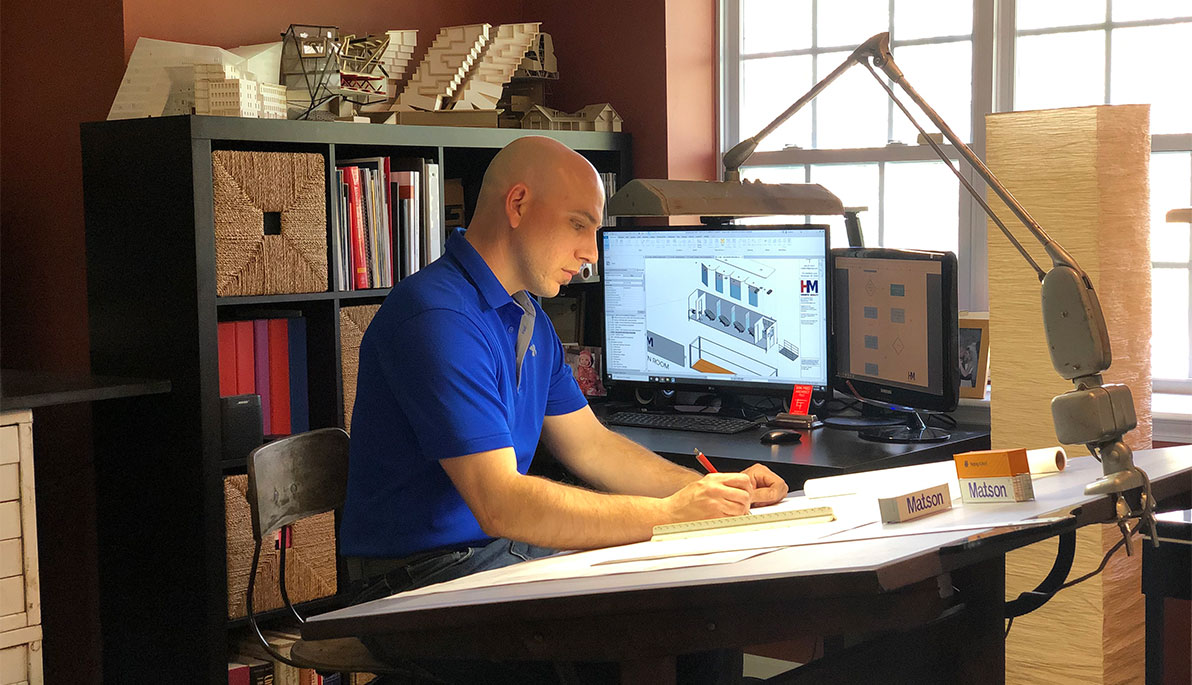
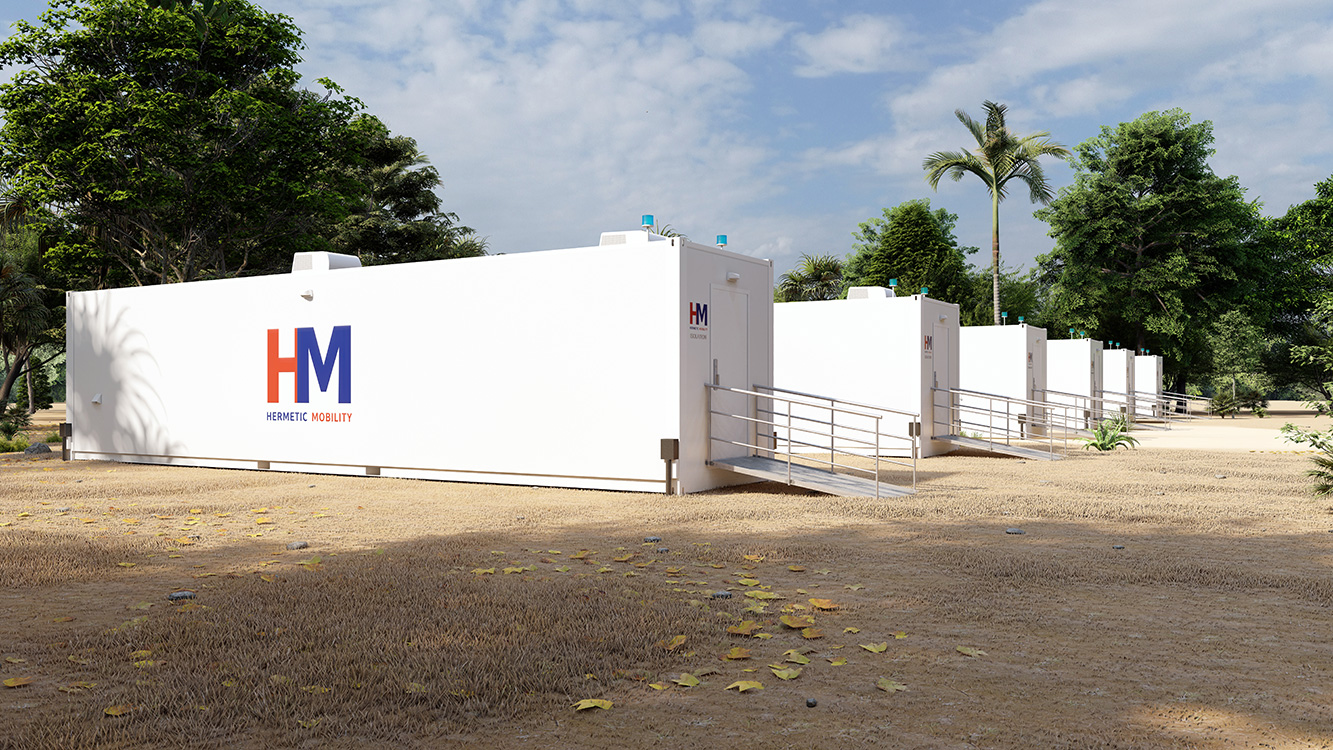
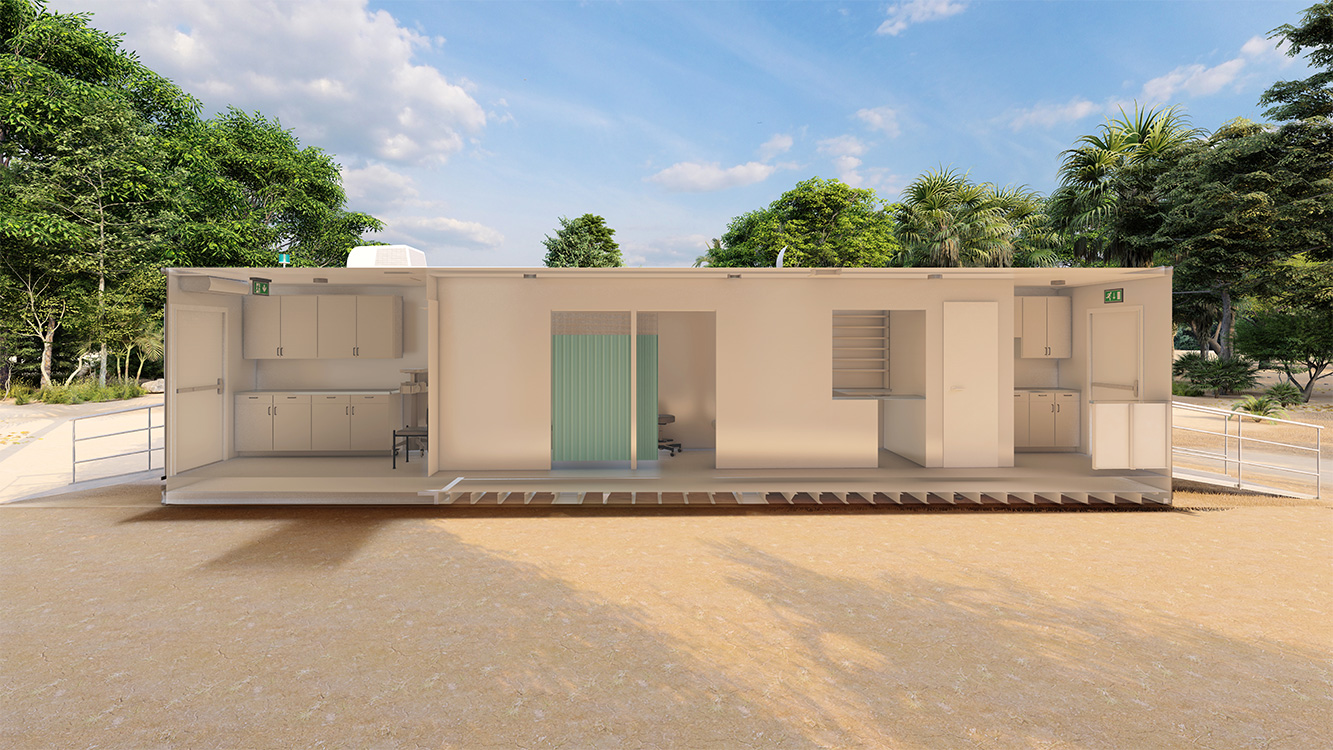
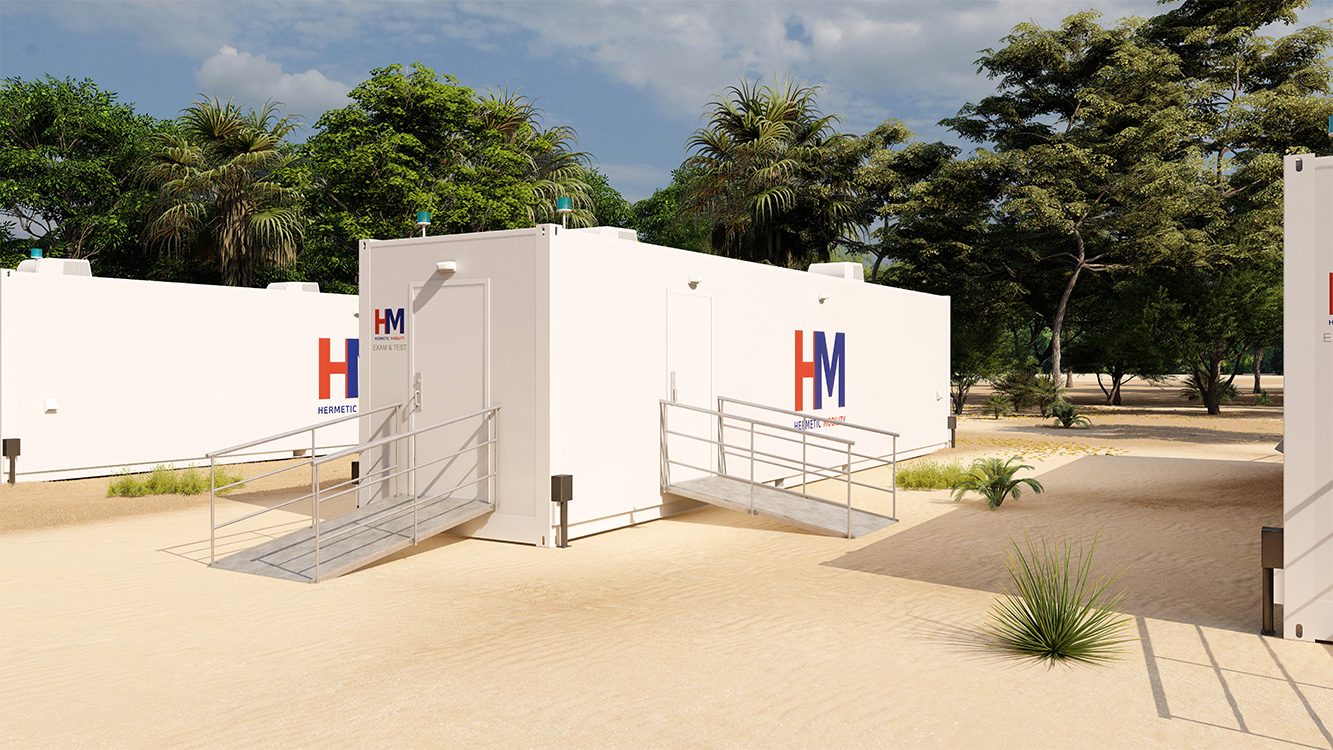
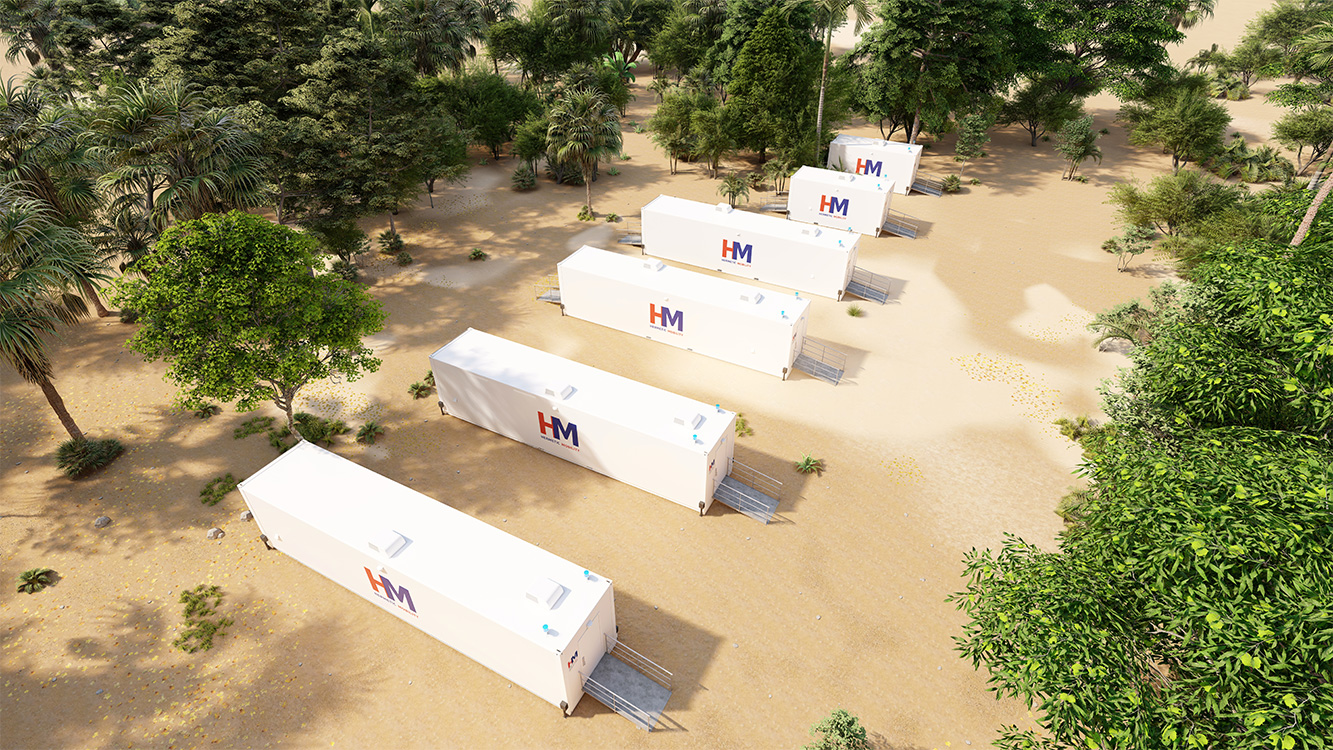
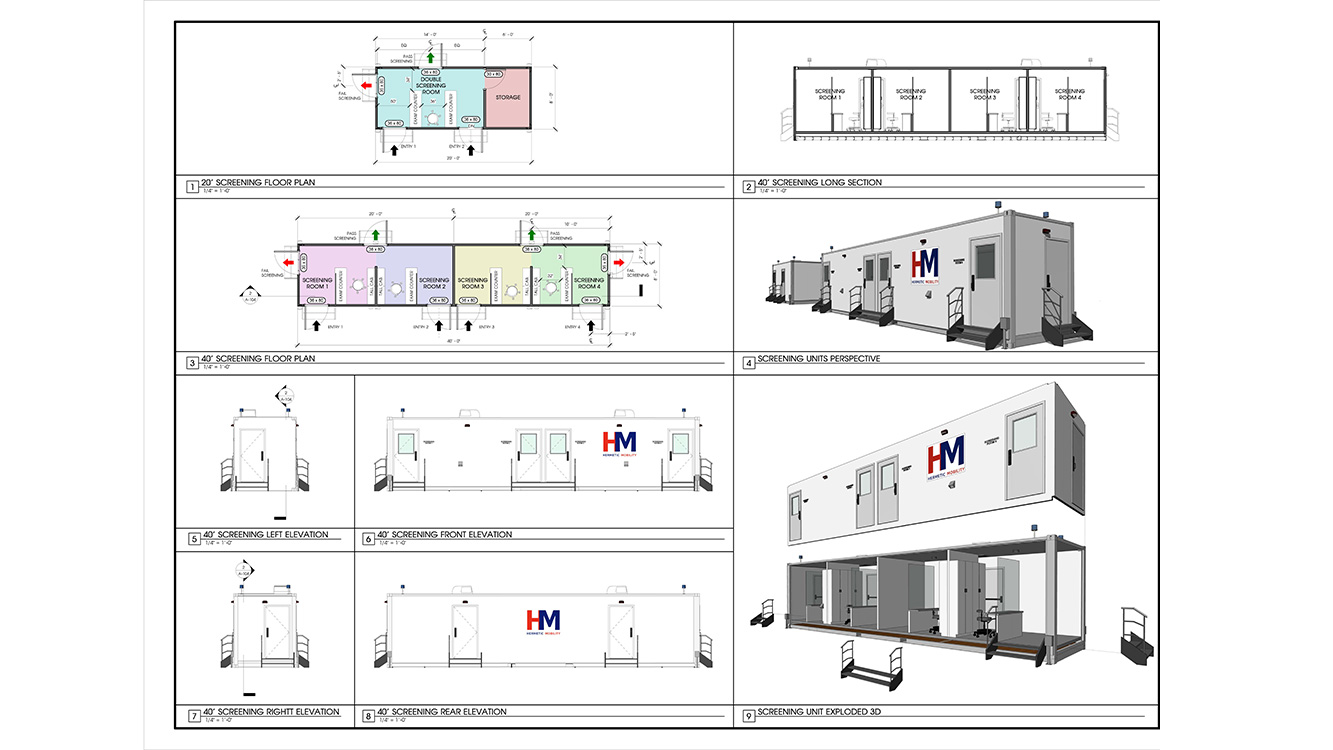
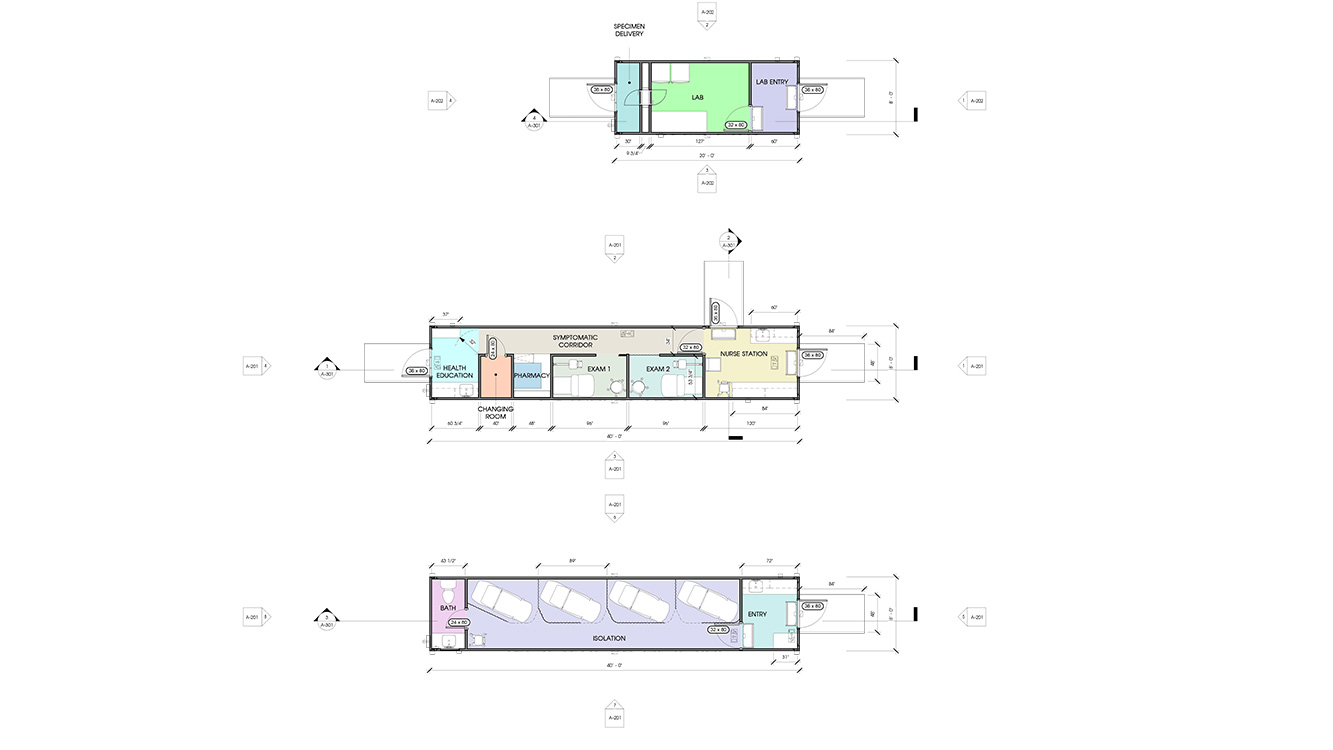
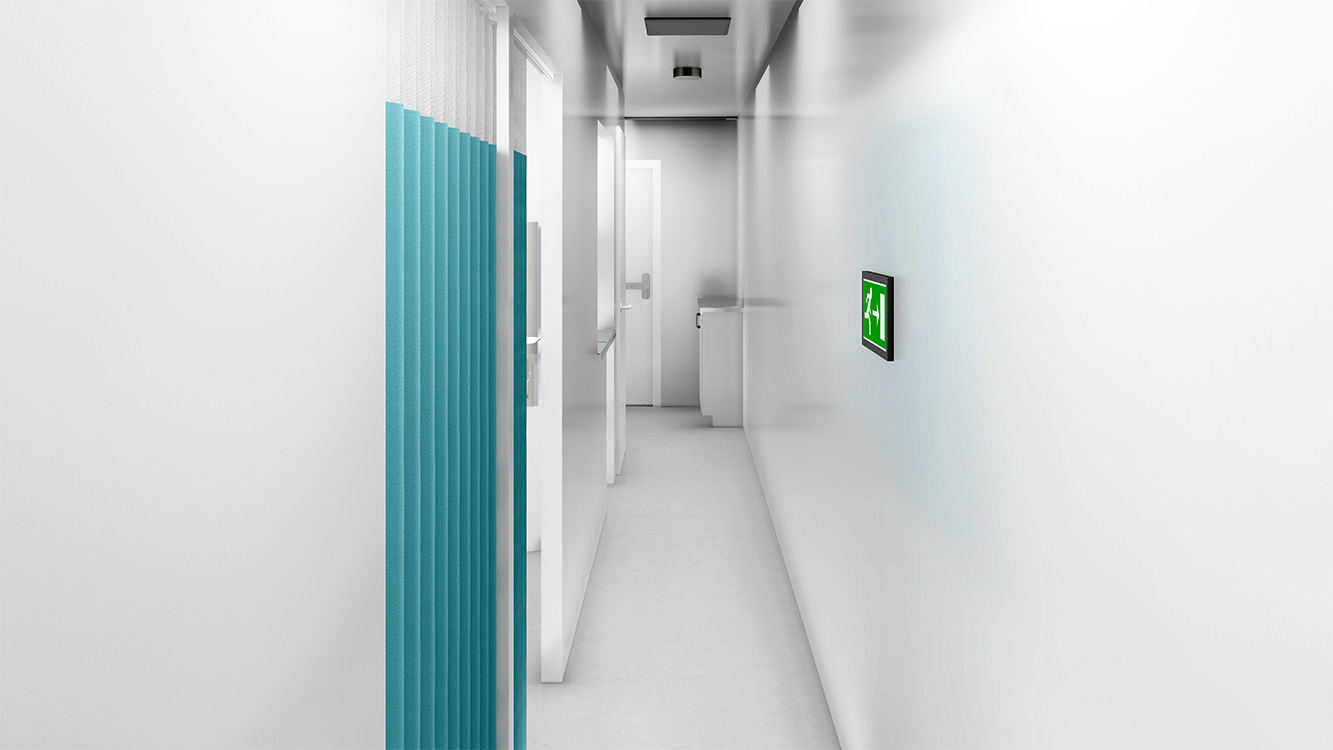
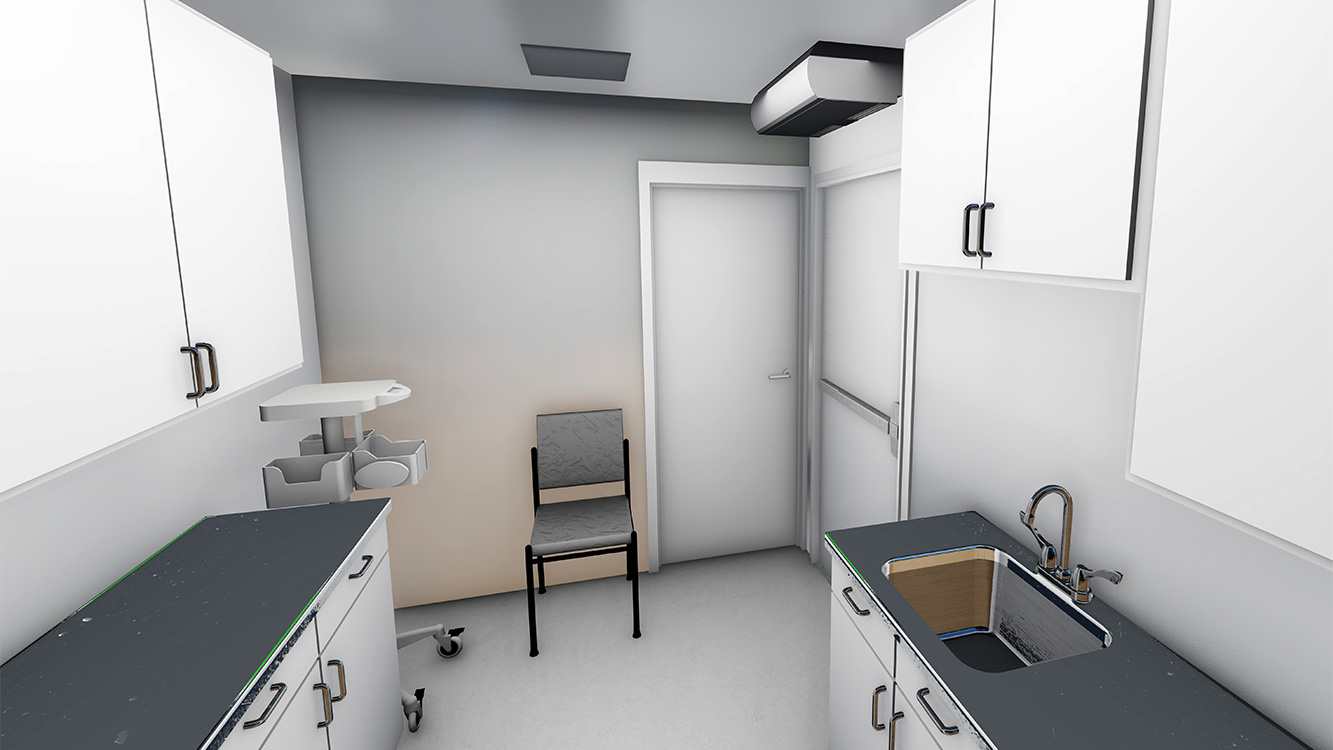
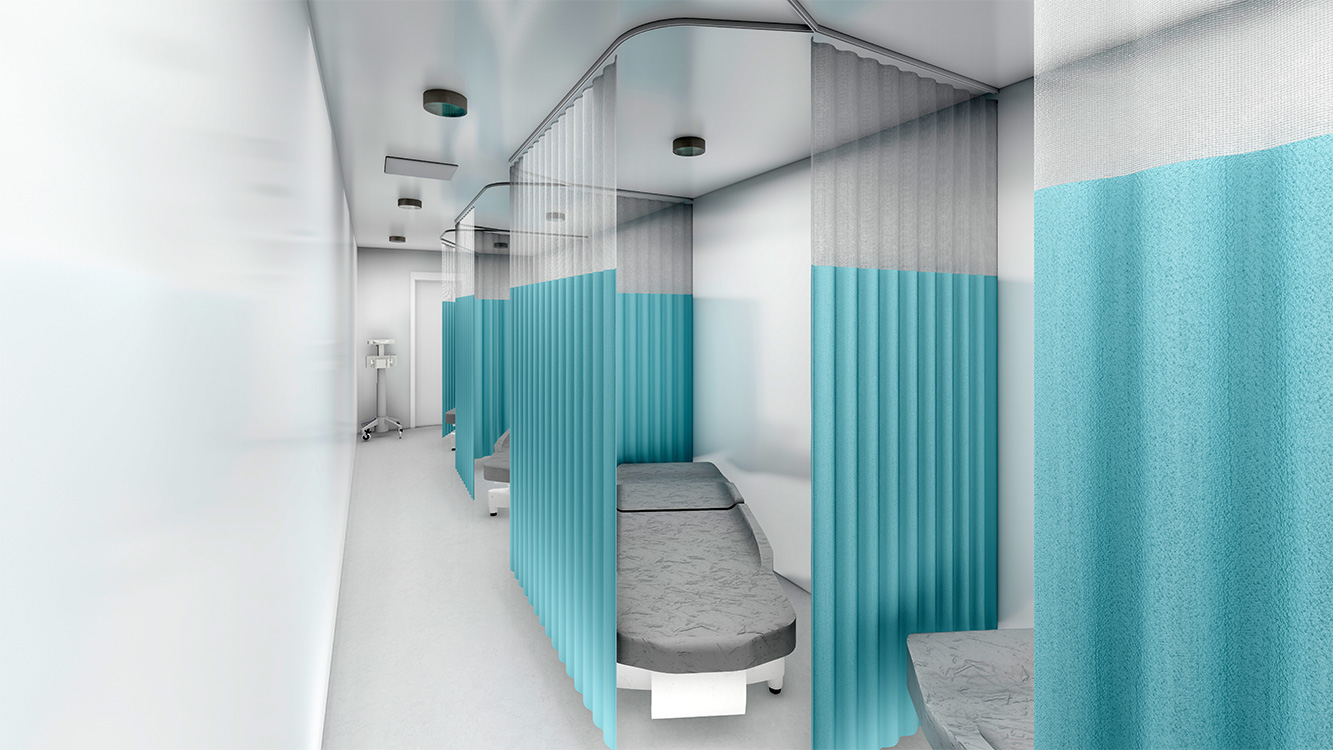
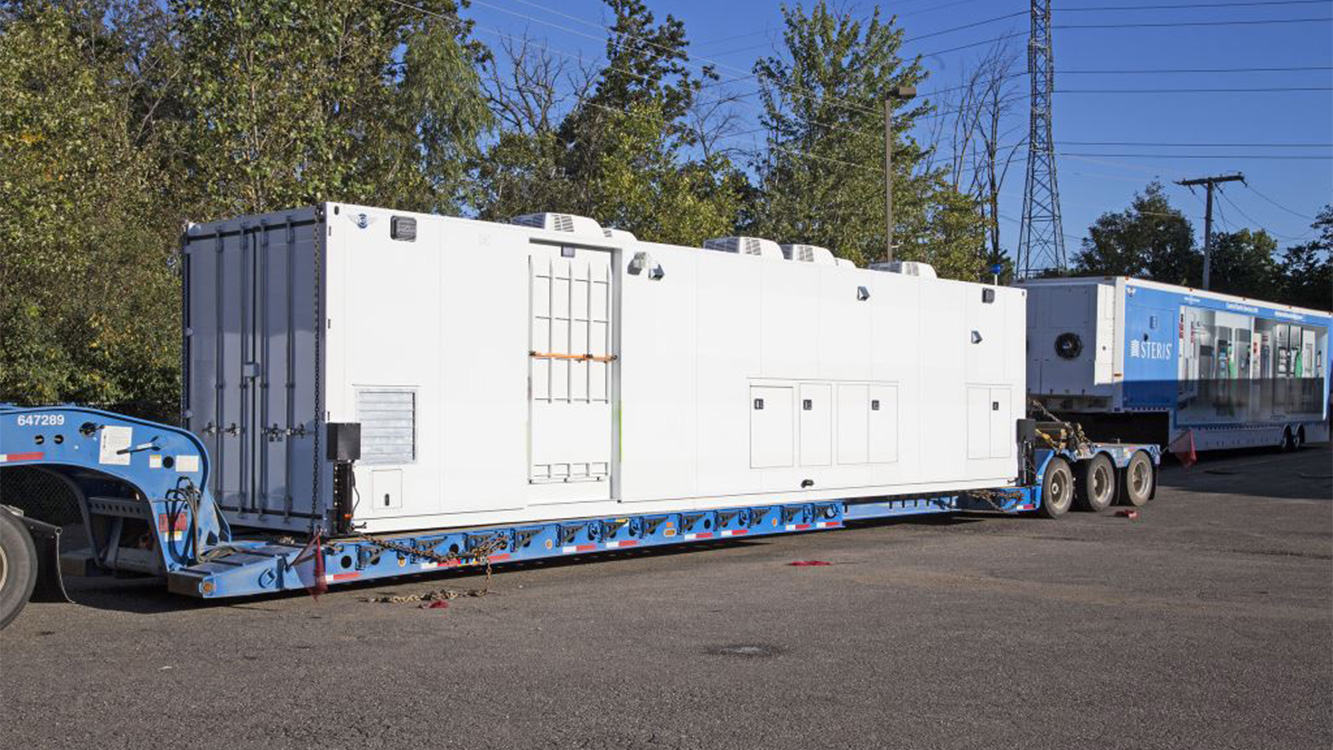
 Open Photo Gallery
Open Photo Gallery


